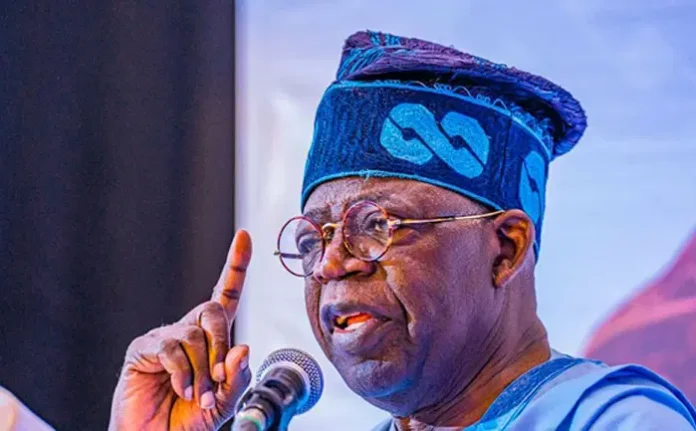-
As Japanese PM Pledges $5.5Bn Support For Africa
BY PATRICK MGBODO
PRESIDENT Bola Tinubu, yesterday, lauded the Nigerian armed forces for their successes in the war against insurgency and criminality while emphasising his administration’s commitment to addressing the root causes of insecurity through strengthening the government security apparatus and ongoing economic reforms.
President Tinubu made the remarks during his intervention at the plenary session on Peace and Stability at the 9th meeting of the Tokyo International Conference for African Development (TICAD9).
This was contained in a statement signed and posted by the Special Adviser to the President on Media and Strategy, Bayo Onanuga, which he posted on X (former Twitter).
He reaffirmed that inclusivity, diversity, and the rule of law remain Nigeria’s greatest strengths, describing the current momentum in the Nigerian Armed Forces as a springboard for national development and stability.
Tinubu spoke after the opening ceremony, during which the Japanese Prime Minister Shigeru Ishiba emphasised the importance of mutual understanding, local solutions, and collaborative efforts for Africa’s development.
The Prime Minister outlined Japan’s focus on private sector-led sustainable growth, youth and women empowerment, and regional integration.
Prime Minister Ishiba announced a collaborative economic framework between Japan and the African Development Bank that will see a maximum of $5.5 billion disbursed to Africa, utilising Japan International Cooperation Agency (JICA) private sector investment finance as a catalyst.
President Tinubu emphasised the ongoing investments in infrastructure, institutional reforms, and collaboration with civil society and international partners to improve the living standards of all Nigerians.
“Nigeria’s brave armed forces can win any number of battles, but we do justice to their heroism only when we, as government, are courageous in tackling not just terror, but also the underlying causes,” the President said.
President Tinubu stressed the essence of peace and stability to meaningful development, lamenting that conflicts are still ongoing in many African countries despite some progress.
However, he highlighted recent peace pacts brokered in the Congo as evidence that a new model of mediation and economic considerations can yield success.
Tinubu appealed for market-driven cooperation and partnerships across nations rather than the hackneyed appeals for aid and handouts, even as he called on the Japanese government to support the campaign for reforms in the United Nations’ organs, especially the United Nations Security Council, to give African countries a greater voice.
Addressing the role of information and technology, President Tinubu called for international cooperation to ensure technology becomes a tool for peace and trust, not division and alienation.
Prime Minister Ishiba emphasised that locally rooted solutions are essential for Africa’s development. He appealed to African countries to assist Japan as it grapples with the challenges of a declining population and shrinking agricultural land.
Ishiba underscored the positives of Africa’s youthful population: “There is another potential in Africa; there is so much growing young population in Africa, but for the power of young people in Africa to flourish, you need to create a manufacturing industry and create employment, and that, I believe, is very important.


